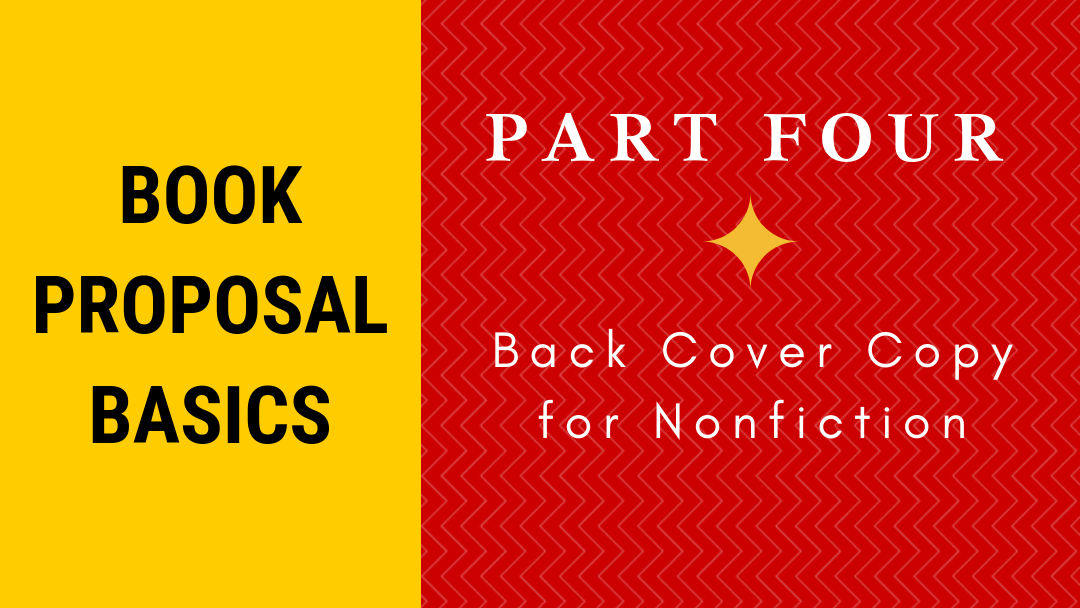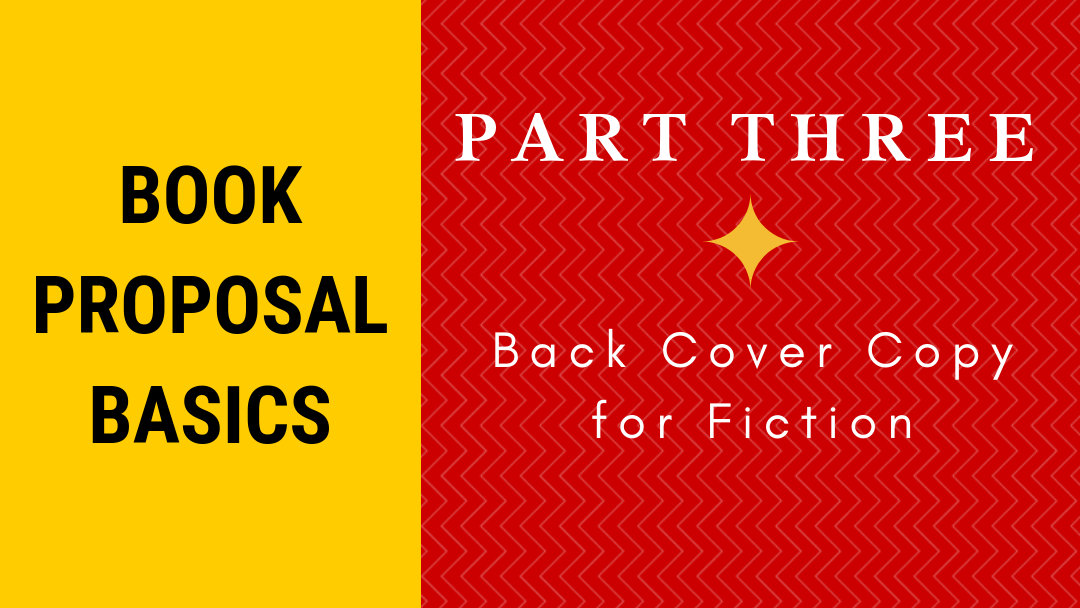Last week we talked about writing back-cover copy for fiction. As you can imagine, writing back-cover copy for nonfiction is a different exercise. The purpose here is not to hook your reader into wanting to read a story, but to show the reader why your book will be helpful specifically to him. The nonfiction reader is not looking to escape reality, but to make her life better. Life can be made better through increased knowledge as offered by such works as academics and biographies, devotional reading, or self-help. We’ll look at how to write self-help back-cover copy today, although this format is useful for all works of nonfiction.
The Need
The first paragraph tells the reader about the problem the book addresses. Let’s say the reader desires a closer relationship with Jesus. First, the author will want to convey why the reader needs this book.
Do you feel your spiritual life is dry? Are your prayers unanswered? Do you wonder how other Christians seem to have a hotline to God while you flounder?
Authority and Method
The second paragraph can say who is writing the book and on what authority. This portion can also explain the method you will find in the book to help you.
Dr. Alberta Patience, a bestselling author and Christian counselor for more than thirty years, not only has helped others find help through a renewed relationship with Christ, but also experienced dark times as she lost her husband to suicide and her 20-year-old son to cancer. She felt her own life was bleak until she reinvigorated her relationship with Christ using The Five Bible Points™ .
Reason
This portion incites the reader to make the purchase.
The Five Bible Points™ will inspire you to revitalize your most essential and eternal relationship – the one you have with the Lord. By returning daily to The Five Bible Points™, you will feel refreshed, strengthened, and courageous throughout any journey.
While your profile and experience will be unique to yourself, as you write your back-cover copy for your nonfiction book, think about what you bring to readers. And write it!
Your turn:
What spurs you to purchase a nonfiction book?
Would you prefer to read a book by a bestselling author or an unknown who has been in your situation and conquered it?
What is your favorite nonfiction book?
__________
 Steve Laube has a course on book proposals at The Christian Writers Institute that includes a one-hour lecture, a short ebook on the topic, and sample proposal templates. Click here for more information.
Steve Laube has a course on book proposals at The Christian Writers Institute that includes a one-hour lecture, a short ebook on the topic, and sample proposal templates. Click here for more information.








